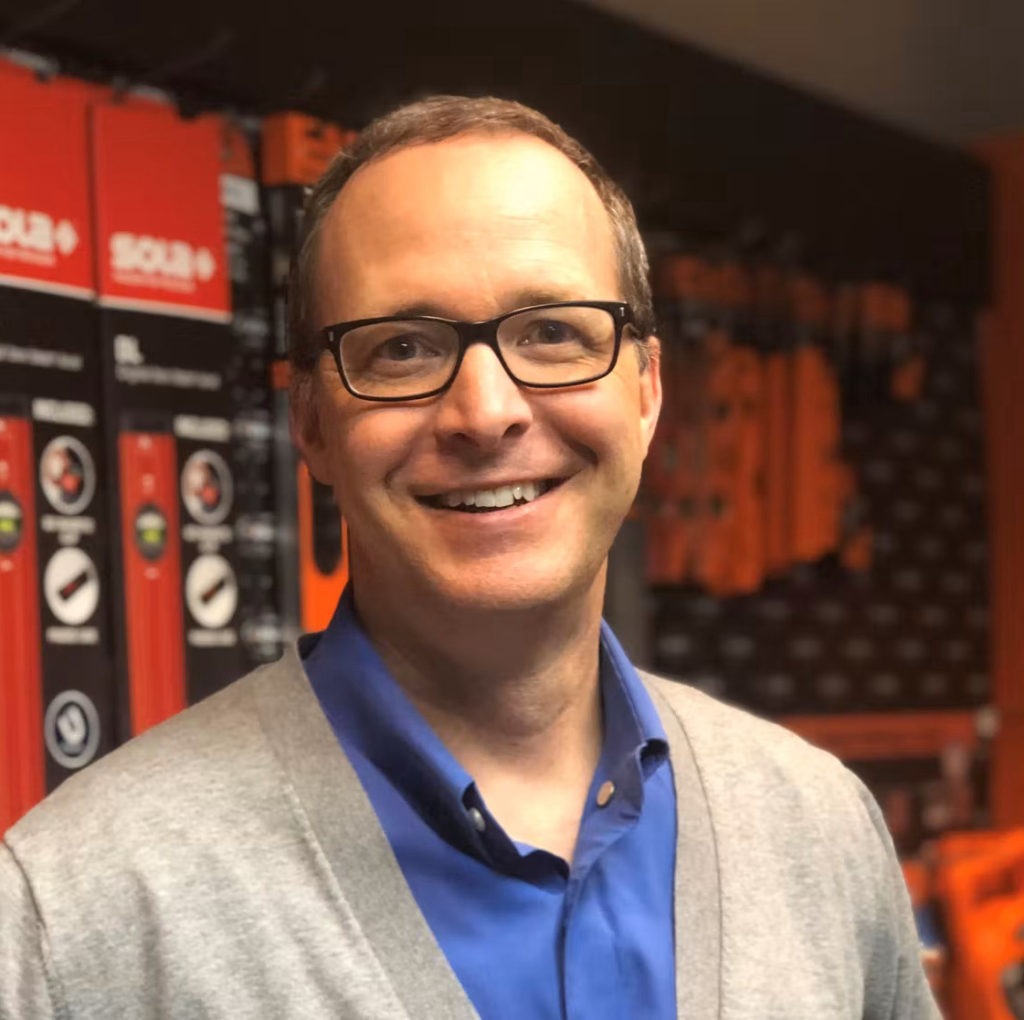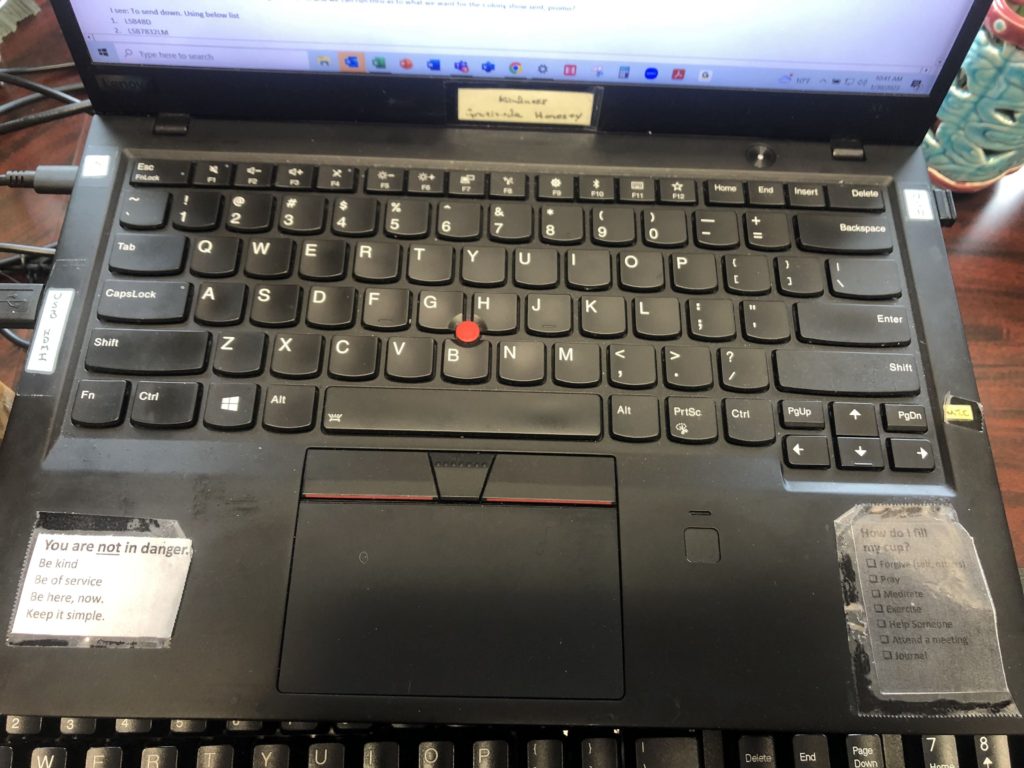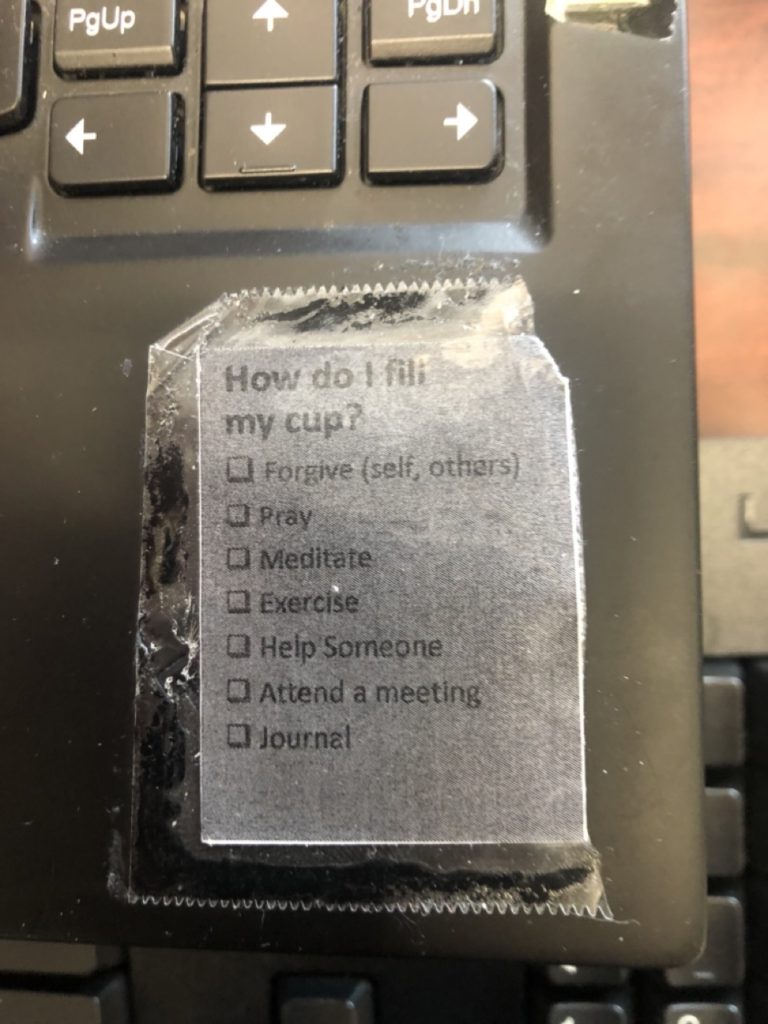Jude Nosek
We were at the World of Concrete show this January at the Las Vegas Convention Center, one of our biggest events of the year. We had spent hundreds of hours, Keson Resource Units (KRUs*), and thousands of dollars on getting our sales force together, our booth and displays set up, meetings organized and sponsorship activities executed. I was excited. I arrived a day early to attend some of the MCAA events as our team set up the booth. It was now Tuesday, and the show was about to start. I made my way to our Keson/SOLA booth. I had the jump drive with the video of our show specials and product shorts. I was ready to fire it up on the TV we had mounted on our booth wall. When I got there, I was informed by the team that the TV was not working because the remote was missing.
“No, it’s not missing,” I informed them. “It’s in the toolbox.” I was met with blank looks. I had packed the toolbox into the crates we shipped to the show.
“It’s in the toolbox that we keep in the console,” I told our team. Crickets.
I opened the console and confirmed that there was no toolbox there. Our team, thinking they had a fully assembled booth with electricity and all the major elements ready to roll, had packed the toolbox back in with our shipping crates.
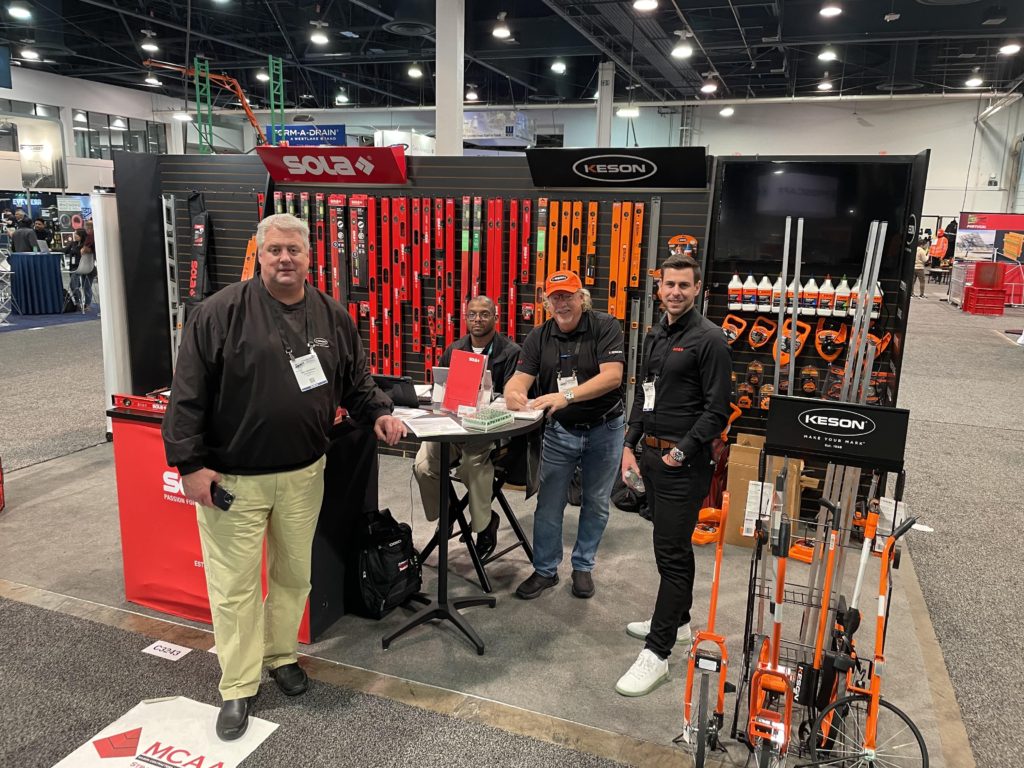
I could feel myself getting anxious and even angry now. Why didn’t they call? Why didn’t they text? What was going on with their lack of communication with me when they were setting up the booth? I had figured “no news was good news!” on the booth setup and assumed that everything was fine. I was getting a little worked up.
How could they not know how important the toolbox was? Why did they not call me and tell me what was going on with the TV while they still had the tools around that could fix it? I was really frustrated with them, but also with myself. Another issue of miscommunication. When will I learn?! Apparently, not today.
Fortunately, I have some tools that I carry in my own “toolbox” for just such an occasion. I have a list of six things that very often help me navigate my life. When I am unsure about what to do, I can rely on one (or more) of them to make me feel better and make me less likely to regret how I spend my time. These tools are not unique to me. I have them easily accessible because they often make the difference with the only system I can mostly control—the one that whirls between my ears.
I have a list of the tools taped on my laptop keyboard. I have to put my right hand on the list when I type. It’s under my palm right now. This is the list: forgive (myself and others), pray, meditate, exercise, help someone, attend a meeting, and journal. The seventh item, “journal,” has been more aspirational. I haven’t put that one into frequent practice. The others, I do practice regularly, daily in most cases.
I took a deep breath and realized I was angry, but it was more directed at myself for not making things failsafe or foolproof. The world is rarely either, and after some deep breaths, I realized that this problem wasn’t insurmountable. In fact, it wasn’t even really a problem. I took a deep breath and began with forgiveness of myself for a silly mistake of not communicating better and of others for not being able to read my mind. The Case of the Missing Remote did not require me to get angry. We ended up with a solution, figuring out how to manually navigate the TV—like we used to do when I was a kid growing up in the 1970s. I was the “remote control” my father would send to turn the volume off when the commercials came on.
When the thumb drive didn’t work, we found an HDMI cord and ran it off my laptop. No big deal. Just like that – all was well.
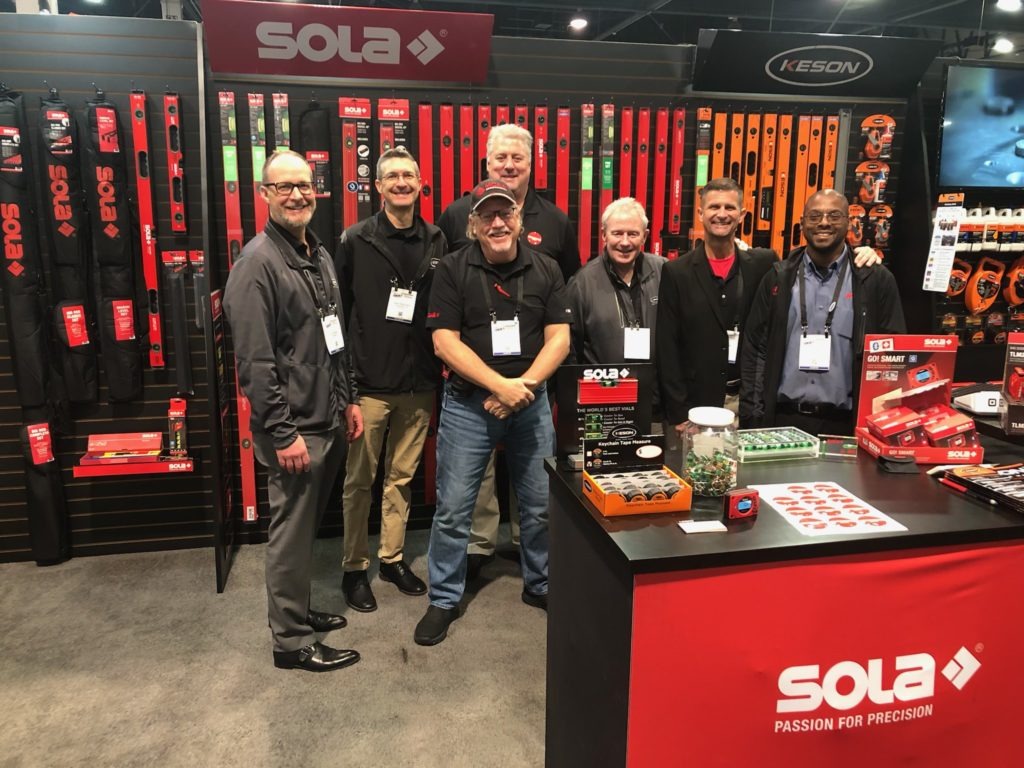
I am grateful for my Six Tools and for the recommendation I got to keep them close. I am grateful for my co-workers whose earnestness and dedication made the WOC show amazing. I am grateful for the work that has come my way and for the ability to do it as best as I can. I am grateful that even when I fail to do things perfectly, I am on a team that lifts each other up and rolls up their sleeves, and figures it out.
*KRU = Keson Resource Units, an informal unit of measure invented to calculate time and energy spent on whatever.
SIDEBAR
In the MCAA contractor round table, a few ideas were brought up, and a few books were mentioned. I have read and try to practice many of the techniques and tools outlined in these texts. I am happy to share my experience with them if you are interested. I highly recommend them all. I keep a running list of recommendations (all these books are on it) as well as some others and podcasts, TEDtalks, etc. I am happy to share. Just send me an email! Jude.nosek@keson.com
Here is the list as I recall it:
Good to Great, Jim Collins: How good companies break out.
Great by Choice, Jim Collins: More on how great companies become so.
The No Asshole Rule, Robert Sutton: how much jerks cost your business and how to deal with them.
Good Boss, Bad Boss, Robert Sutton: how to be a good boss and not be a bad boss.
The Advantage, Patrick Lencioni: strategy and book we have used at Keson for becoming a better team. The Ideal Team Player, Patrick Lencioni: looking for hungry, humble and smart (interpersonally) people.
